Welcome back everyone. It's new product time, so let's get right down to business and see what's new for this week.
ReplaceMeOpen
ReplaceMeClose
The CryptoCape is really a jam-packed board that's hard to 'show' on video. Be sure to check out the hookup guide for more information about all the things it can do.
The CryptoCape is the BeagleBone’s first dedicated security daughterboard and was made in collaboration with our Hacker in Residence Josh Datko. This cape has specialized ICs that perform various cryptographic operations, which will allow you to add a hardware security layer to your BeagleBone project. It also is a nice device for those performing embedded security research. Be sure to check out the hookup guide for more information.
This is the Pi Wedge, a small board that connects to the Raspberry Pi’s 26-pin GPIO connector, and breaks the pins out to breadboard-friendly arrangement and spacing, and even adds a couple of decoupling capacitors on the power supply lines. It also adds an FTDI header for monitoring the serial line and such.
We carry many different types and styles of LEDs. Up until today, however, we've only carried surface-mount or strips for addressable LEDs. We now have these handy PTH addressable LEDs in 5 packs. They works the same was as any other WS28xx addressable LED, but are in PTH packages instead. Using addressable LEDs makes large arrays a lot simpler as you don't need an individual IO pin for each color and LED.
This week we have a new serial TTL JPEG camera. These cameras are 2MP (1600x1200 pixels) and can communicate over serial, making integrating them into embedded applications easy.
Want to learn about programming with Scratch? You might want to check out this new book. Scratch is a fun, free, beginner-friendly programming environment where you connect blocks of code to build programs. While most famously used to introduce kids to programming, Scratch can make computer science approachable for people of any age.
This next product is nuts! Well, 6-32 hex nuts to be precise. They come in a package of 25 and work well with the Actobotics products. You can of course use them with standard 6-32 screws as well.
OK, that's all I have for this week. But don't worry, we'll have even more new products next week, so be sure to come back again next Friday. Thanks for reading, see you next week!
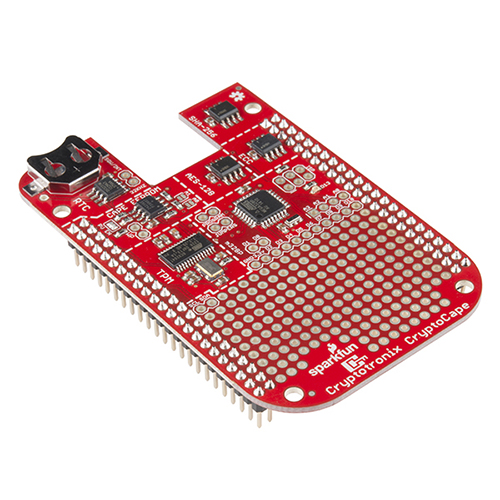
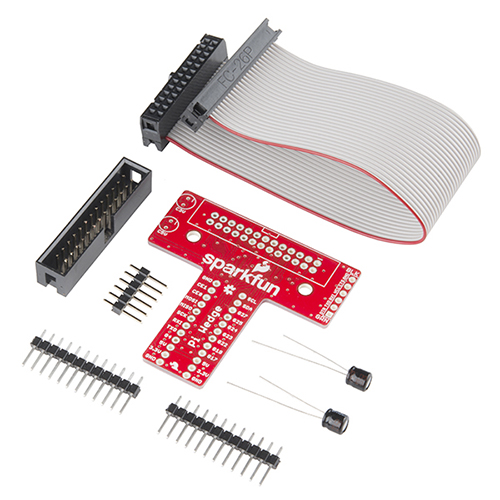
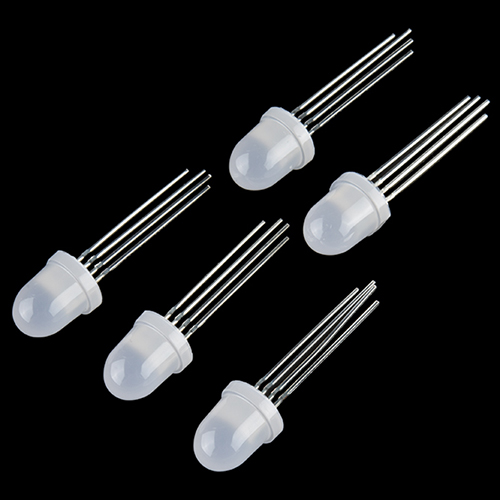
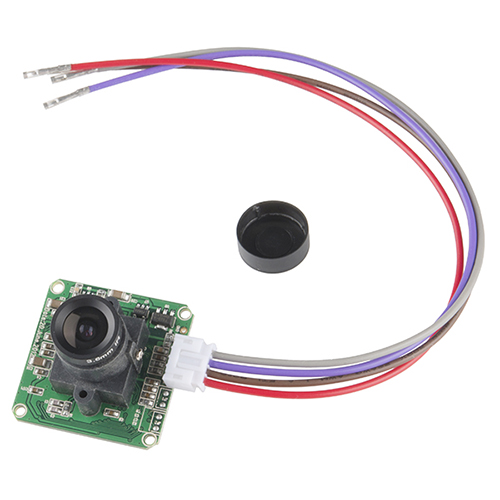

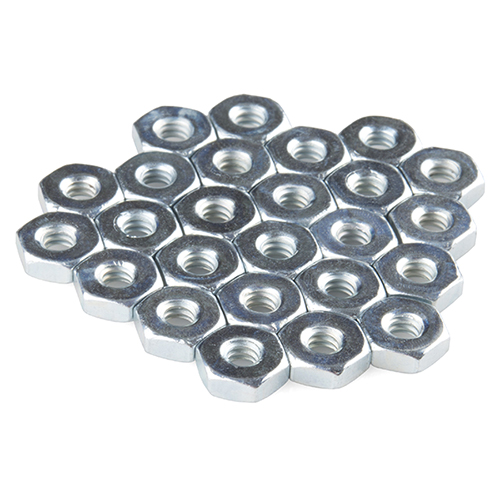
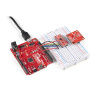
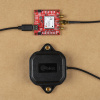






authenti-fi-cation (at 3:08) - is that a new kind of security :)
the marketing department told me they wanted more comments on the blog posts. what better way to get comments than to mispronounce words, say 'actually' a lot, and take stuff apart.
at least we're still paying attention :D
Awesome! From the Urban Dictionary: 1. Describes an authentication process which is not working (hence the 'f' in the word). 2. A word used by a manager when they cannot pronounce 'authentication'.
It's higher-fidelity.
This is to Josh.
With the CryptoCape, what is the type of applications you foresee with it? I know with FPGAs, acceleration is key for this, but from the product page comments, it is not for that. This will help determine if I want to tack on a Papilio Pro to it for future tutorials.
Hey thanks for the interest. I don't get any notifications when there is a comment so I have to keep checking these forums!
I was envisioning applications that need protection of an asymmetric key for identity purposes. So, with either the TPM or ECC108, the private key stays in hardware and can sign messages. This would be good if the Beagle was pushing / receiving firmware updates. The ATSHA204 can do that too, but it uses a shared key, so it's a little "less sophisticated."
With the ATmega, I did this demo where I connected the SparkFun fingerprint sensor to enable a two factor setup. The Beagle waited for the ATmega to complete the authentication.
None of these chips are that fast, but they are pretty low power. The board itself can stand on it's on because of the uP on there.
Lastly, I'd like to make the BBB a hardware wallet. So if it's connected over USB to your laptop / PC, then it can store your secrets like GPG keys etc... assisted by the hardware crypto.
I've been trying to get the low-level software drivers working. Hopefully people can plug into those.
Anyway, hope that helps!
Good thing I checked back on this page ;) Those help, thanks!
The hookup guide for the CryptoCape is going to the product page not the actual guide.
Fixed!